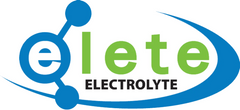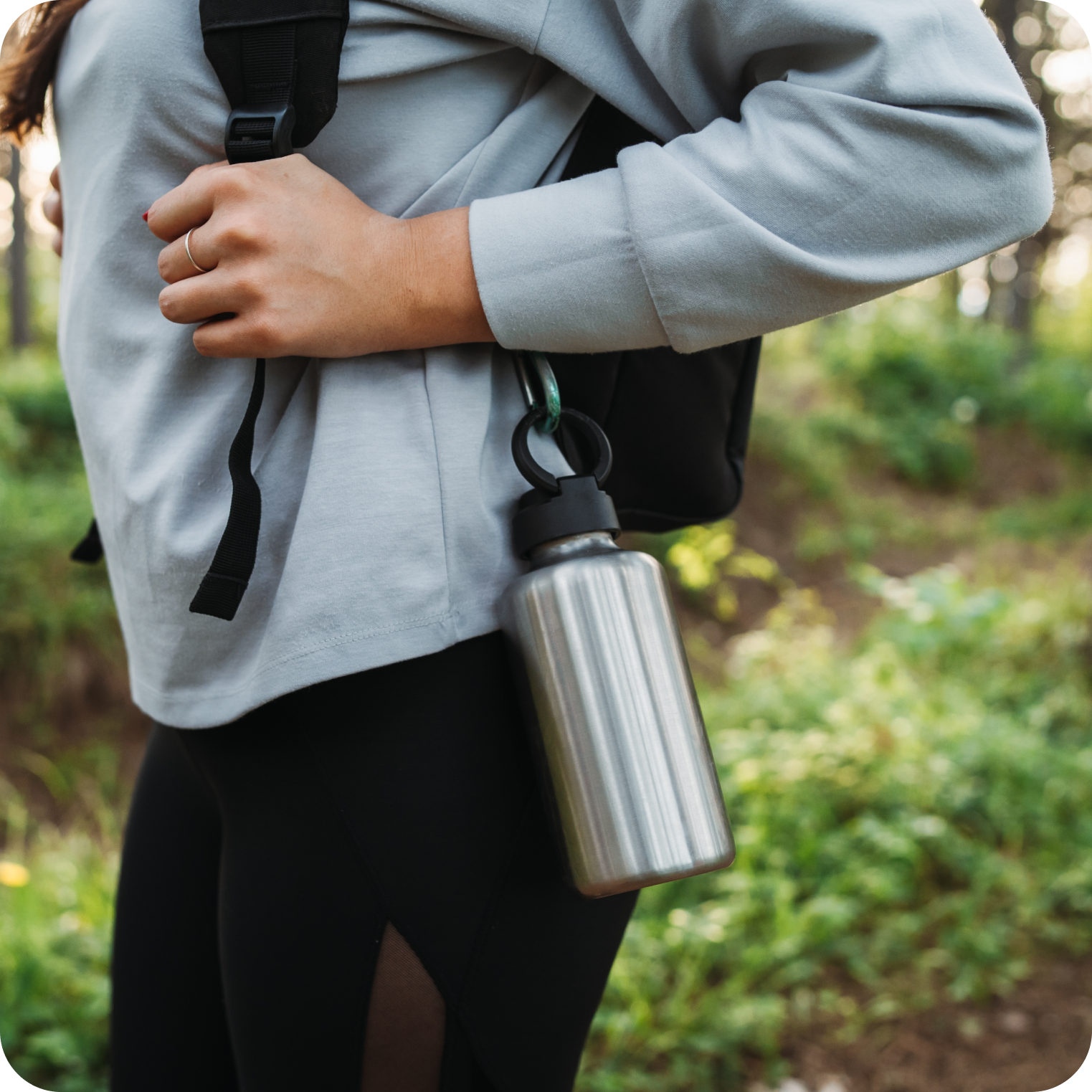By Paul S. Auerbach, MD, MS, FACEP, FAWM
The current issue of the journal Wilderness & Environmental Medicine, published by the Wilderness Medical Society, has a number of very interesting articles of significance to the layperson outdoor medicine enthusiast.
"Effects of an Electrolyte Additive on Hydration and Drinking Behavior During Wildfire Suppression," by John S. Cuddy and his colleagues (WEM volume 19, pages 172-180, 2008), describes a study designed to compare the effects of a water plus electrolyte solution versus plain water on changes in drinking behaviors, hydration status, and body temperatures during wildfire suppression activities. In this particular study, eight participants consumed plain water, and eight participants consumed water plus an electrolyte additive (Elete by Mineral Resources, Ogden, Utah) that contained magnesium, sodium, chloride, potassium and sulfate. The participants were provided specially outfitted backpack hydration systems with three-liter capacity from CamelBak (Petaluma, California).
During the measurement period, the participants were monitored for volume of fluid consumed, body weight, core, and skin temperatures. Work output was measured, as was the environmental temperature. The results indicated that all things being equal, the major difference noted between the water group and the water plus electrolytes group was that a remarkably lower fluid consumption (approximately 3.3 liters per day) was noted in the water plus electrolytes group. This suggests that supplementing water with electrolytes might reduce the amount of fluid necessary to transport and consume during extended activity. This would minimize excessive weight, which in and of itself might contribute to a lessening of fatigue.
In this study, the amount of fluid consumed was at the discretion of the participant, so was presumably driven by thirst. It would be very interesting to replicate this study in other situations where rehydration is important, such as high altitude travel, competitive sports, and recreational sports. It would be important to control for as many variables as possible, such as beverage temperature, taste, food intake, and so forth. It would also be useful to determine if this information has any applicability in a survival situation.
Health Matters - Health Expert Biography
Paul S. Auerbach, MD, MS, FACEP, FAWM
Professor of Surgery in the Division of Emergency Medicine at Stanford University Medical Cent Officer and Chair of the Medical Advisory Board for Healthline; A Founder of the Wilderness M Fellow, American College of Emergency Physicians; Fellow, Academy of Wilderness Medicine
Medical Specialty: Emergency Medicine
Healthline Blog: Medicine for the Outdoors
Dr. Paul S. Auerbach is Professor of Surgery in the Division of Emergency Medicine at Stanford University School of Medicine. Dr. Auerbach is a founder and past president of the Wilderness Medical Society, editor of the definitive medical reference text Wilderness Medicine, 5th Edition, and author of Medicine for the Outdoors, which is the leading book on outdoor health for laypersons. He serves on the National Medical Committee for the National Ski Patrol System and is a recipient of the DAN America Award from the Divers Alert Network, Outstanding Contribution in Education Award from the American College of Emergency Physicians, a NOGI Award in 2006 from the Academy of Underwater Arts and Sciences, Diver of the Year for Science in 2008 from Beneath the Sea, and DAN/Rolex Diver of the Year in 2009. Dr. Auerbach is the world’s leading authority on wilderness medicine. He practices emergency medicine, teaches, performs research, and advises numerous agencies and organizations, including serving as an advisory board member to the AARP Fat 2 Fit Community Challenge. Dr. Auerbach has been hailed as a Hero of Emergency Medicine by the American College of Emergency Physicians.

